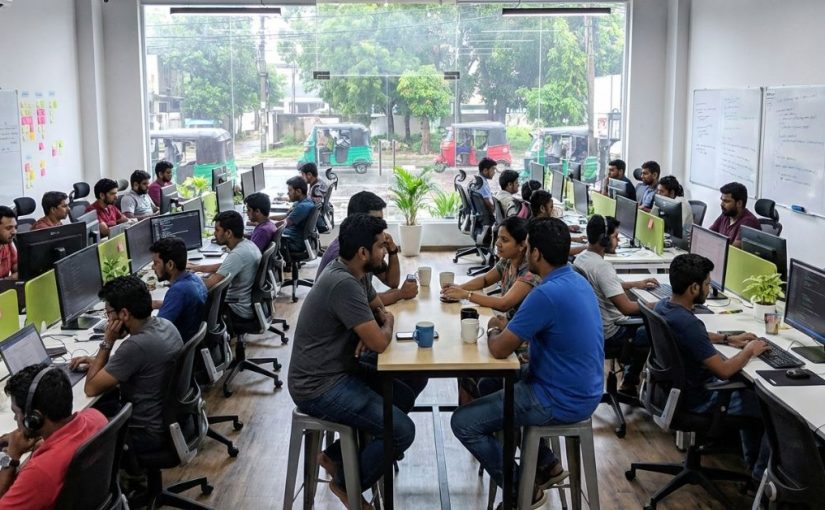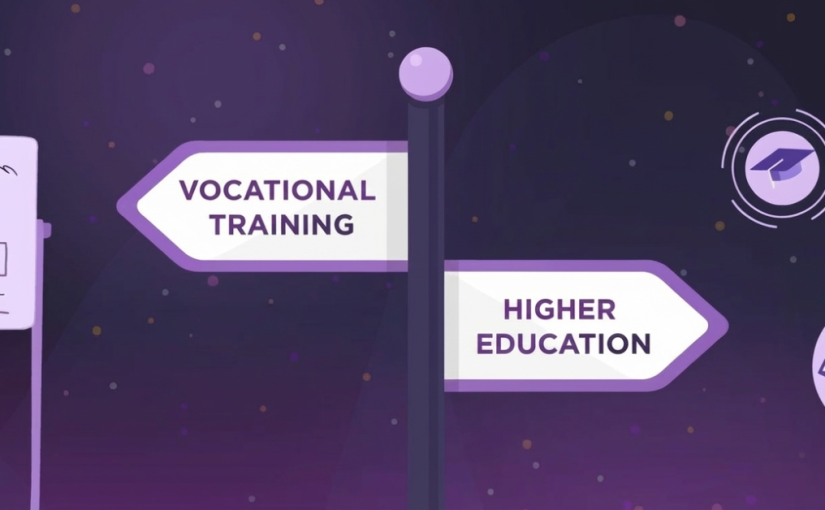AI has moved beyond experimentation and into real business impact. Every day, we hear news about rapid advancements by major AI companies, traditional business systems being transformed with AI, and workforce reductions driven by automation.
Amid all this noise, it has become increasingly difficult to clearly understand how AI is truly impacting our industries, especially IT service outsourcing.
Like any major technological shift, the core goal of AI is automation. This naturally changes the demand for manual labor and reshapes how work is done. Sri Lanka’s IT industry, which is heavily driven by service-based outsourcing, is particularly affected by this disruption.
Threats
Reduced demand for low level outsourcing
Routine tasks such as helpdesk support, basic coding, software testing, and data entry are increasingly automated by AI-powered tools. This reduces the need for large teams handling repetitive tasks, directly threatening traditional outsourcing models.
Diminishes cost arbitrage advantage
Outsourcing has traditionally relied on lower labor costs in offshore locations. As AI replaces human effort, the cost advantage of offshore services becomes less significant.
Increased competition
Small and mid-sized companies in high-cost countries can now use AI to perform tasks they previously outsourced. This shift may shrink the overall outsourcing market.
Client expectation shift
Clients may expect higher efficiency and more value at lower prices, as AI promises cost savings. This creates additional pressure on outsourcing vendors to deliver more for less.
Opportunities
Enhanced service delivery
Service providers can integrate AI into their offerings such as intelligent monitoring, predictive maintenance, AI-powered customer support, and AI-assisted coding.
These enhancements make services more efficient, scalable, and valuable.
New revenue streams
There is growing demand for AI strategy, integration, training, and ongoing support. Companies with AI expertise can offer new services such as model deployment, data engineering, AI governance, and compliance solutions.
Efficient workforce
Organizations can operate with smaller, highly skilled teams that use AI as a productivity multiplier. This improves margins and enables companies to move up the value chain from “labor providers” to “strategic partners.”
Focus on complex human centric work
Skills such as creativity, critical thinking, problem-solving, client relationships, and high-level system design are difficult to automate. Outsourcing companies can reposition their workforce toward these areas while allowing AI to handle repetitive tasks. This shift emphasizes experienced professionals over low-cost labor.
“Small, expert, veteran” teams will be the future
Predicting the exact impact of AI is difficult, but it is clear that both risks and opportunities lie ahead for the outsourcing industry.
Shrinking the workforce size is a clear sign and already happening. How our industry embrace this change?
Companies must rethink their workforce strategies favoring smaller, expert, veteran teams over large workforces focused on mundane tasks. For those willing to adapt, AI presents a massive opportunity to deliver smarter, faster, and higher-value services, ultimately moving them up on the value chain.

A multifaceted professional known for diverse interests and contributions in various fields, including management, technology, education and entrepreneurship. Also the founder of ITPro.lk, bringing a unique perspective and industry knowledge to writing.









